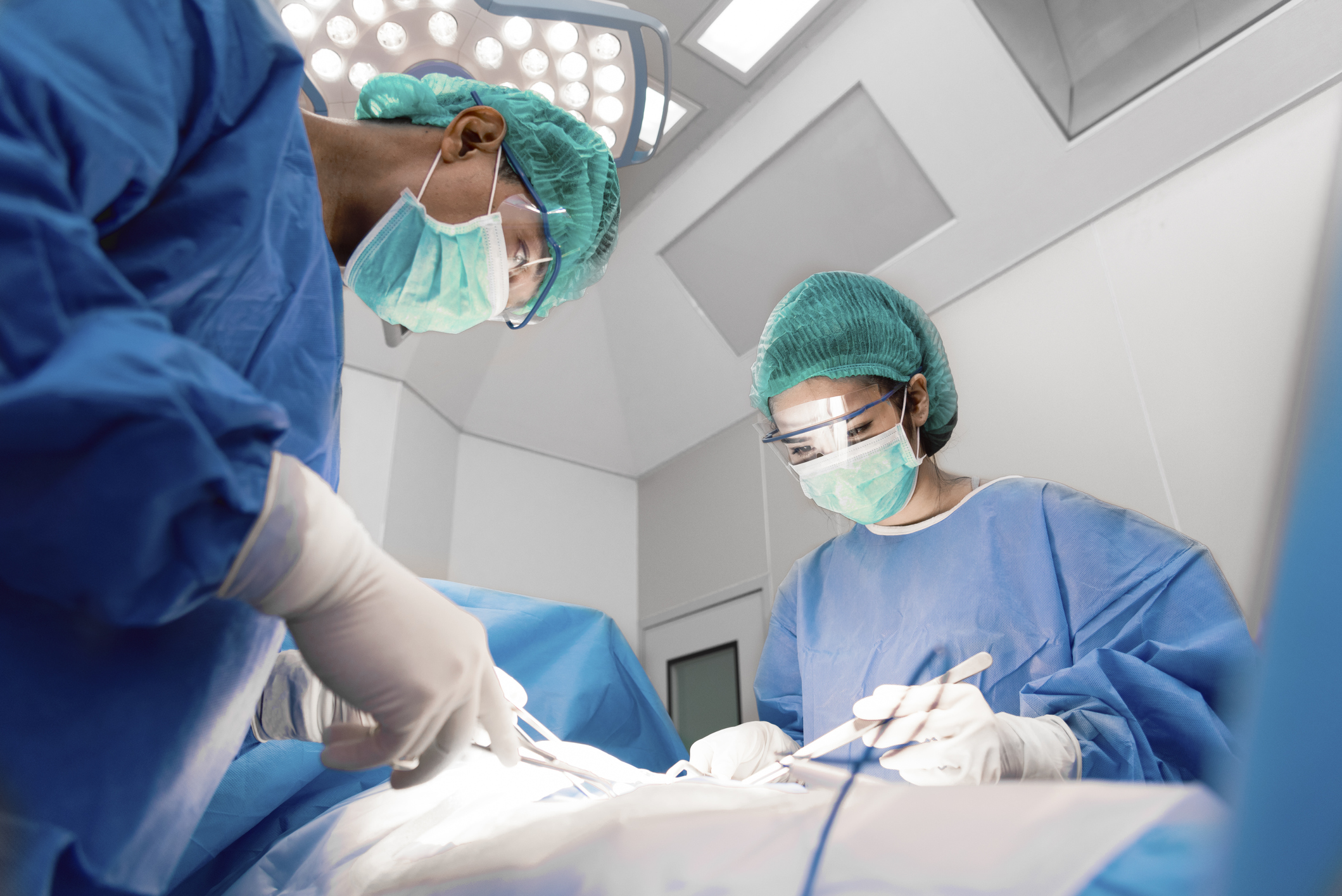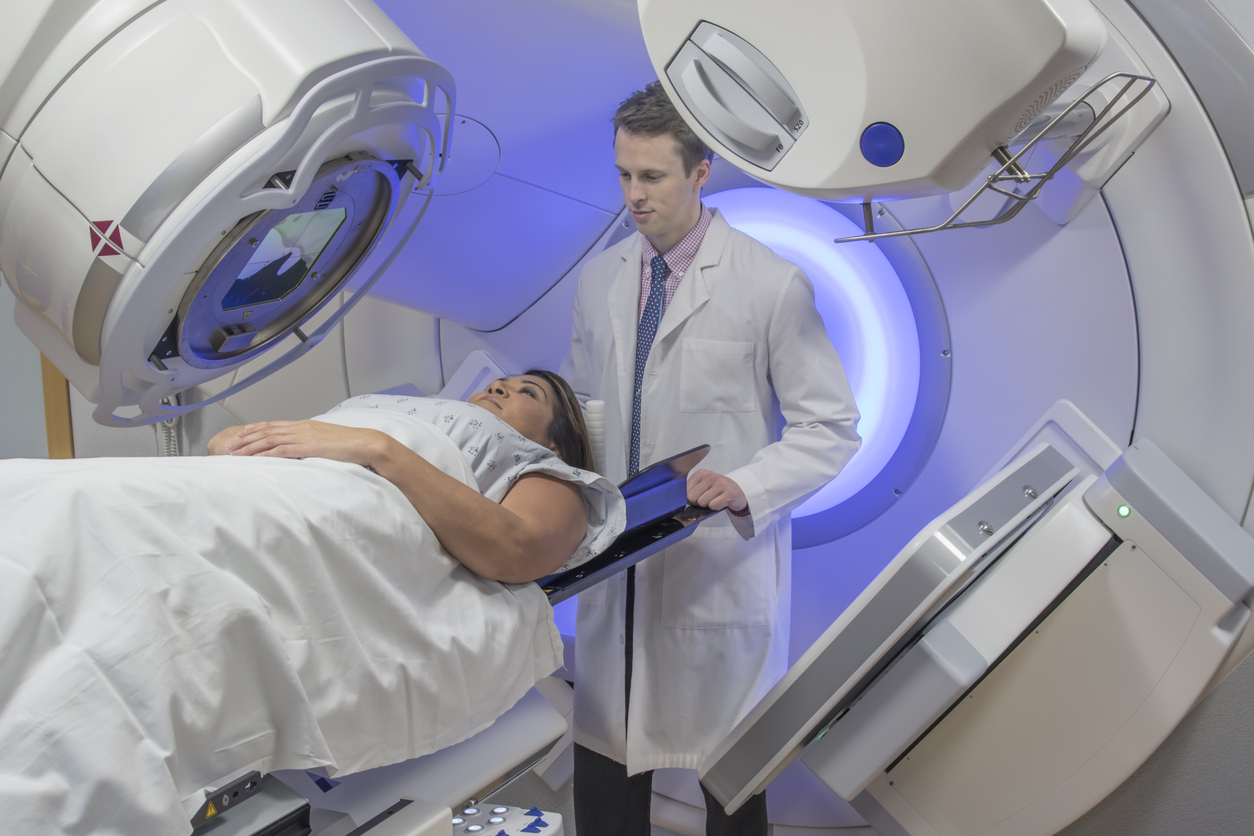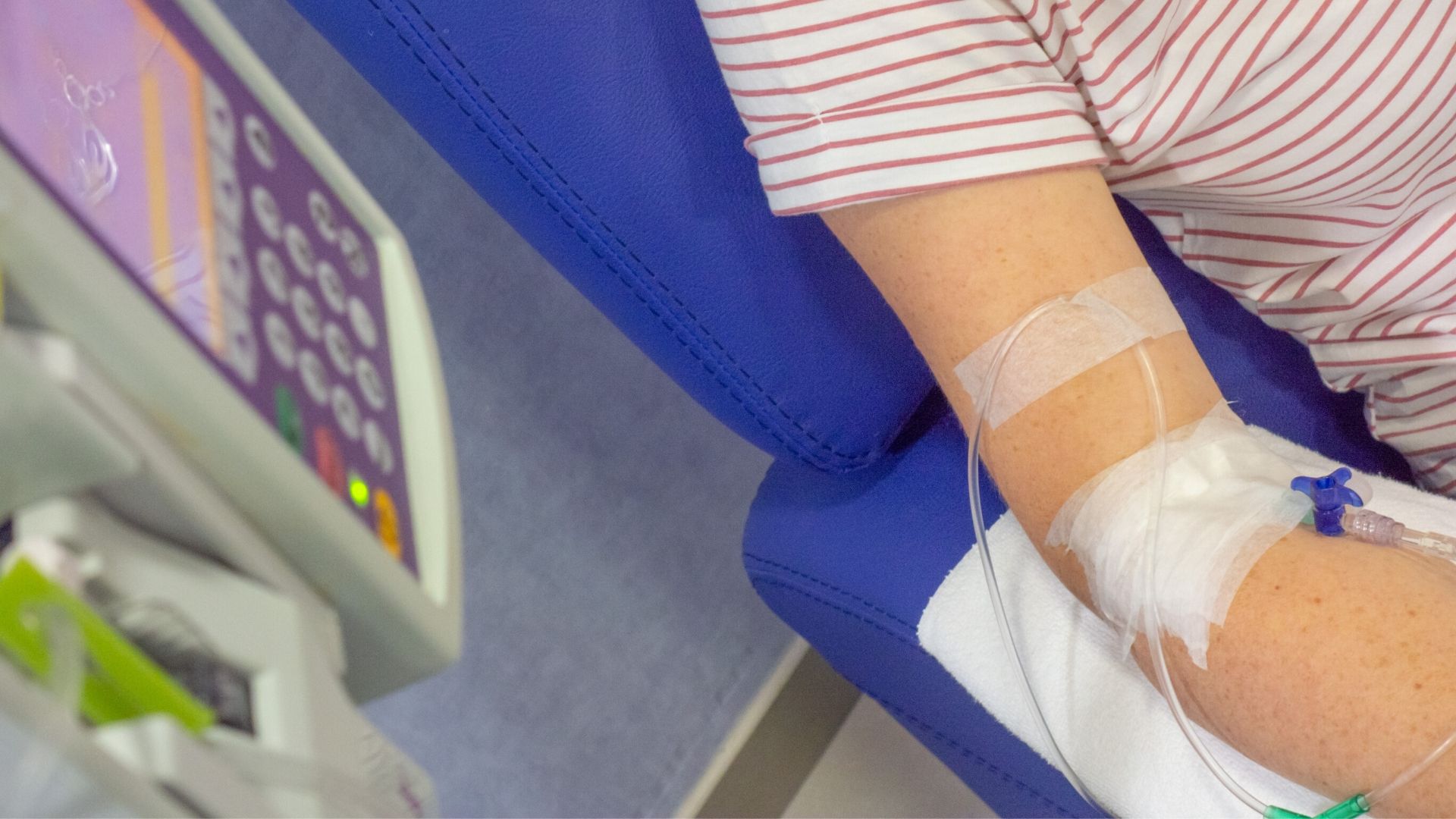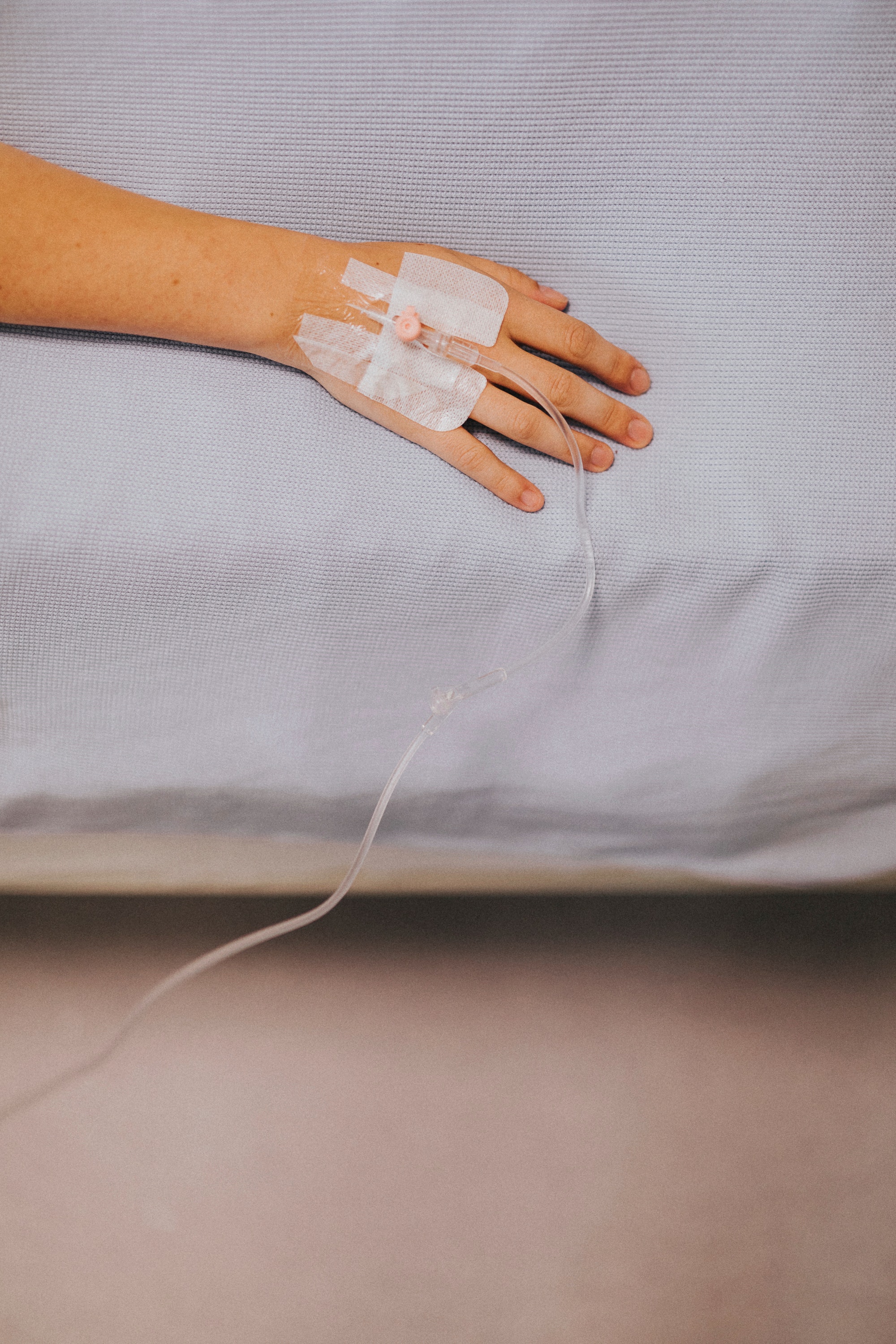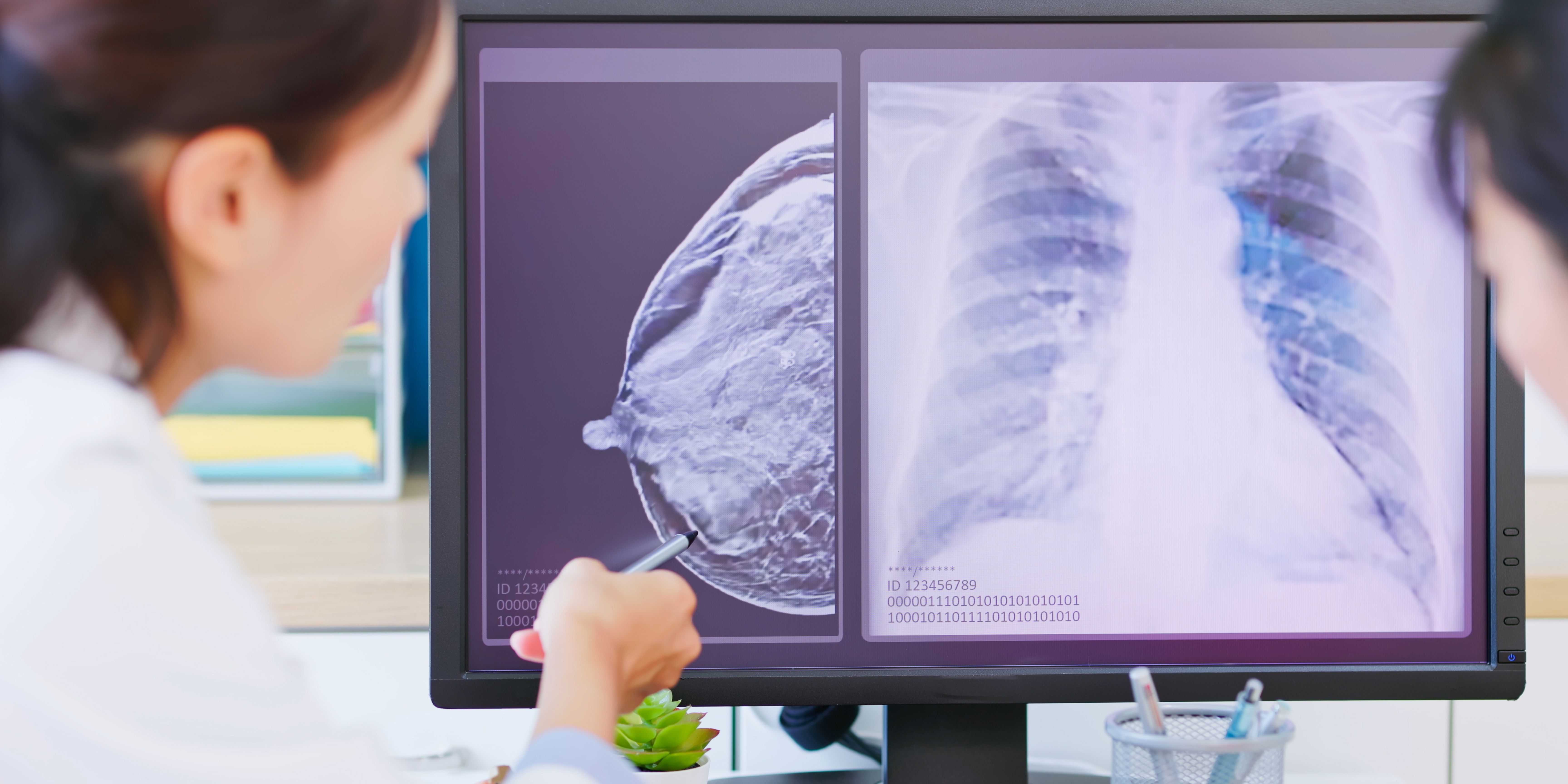Paget’s disease of the breast
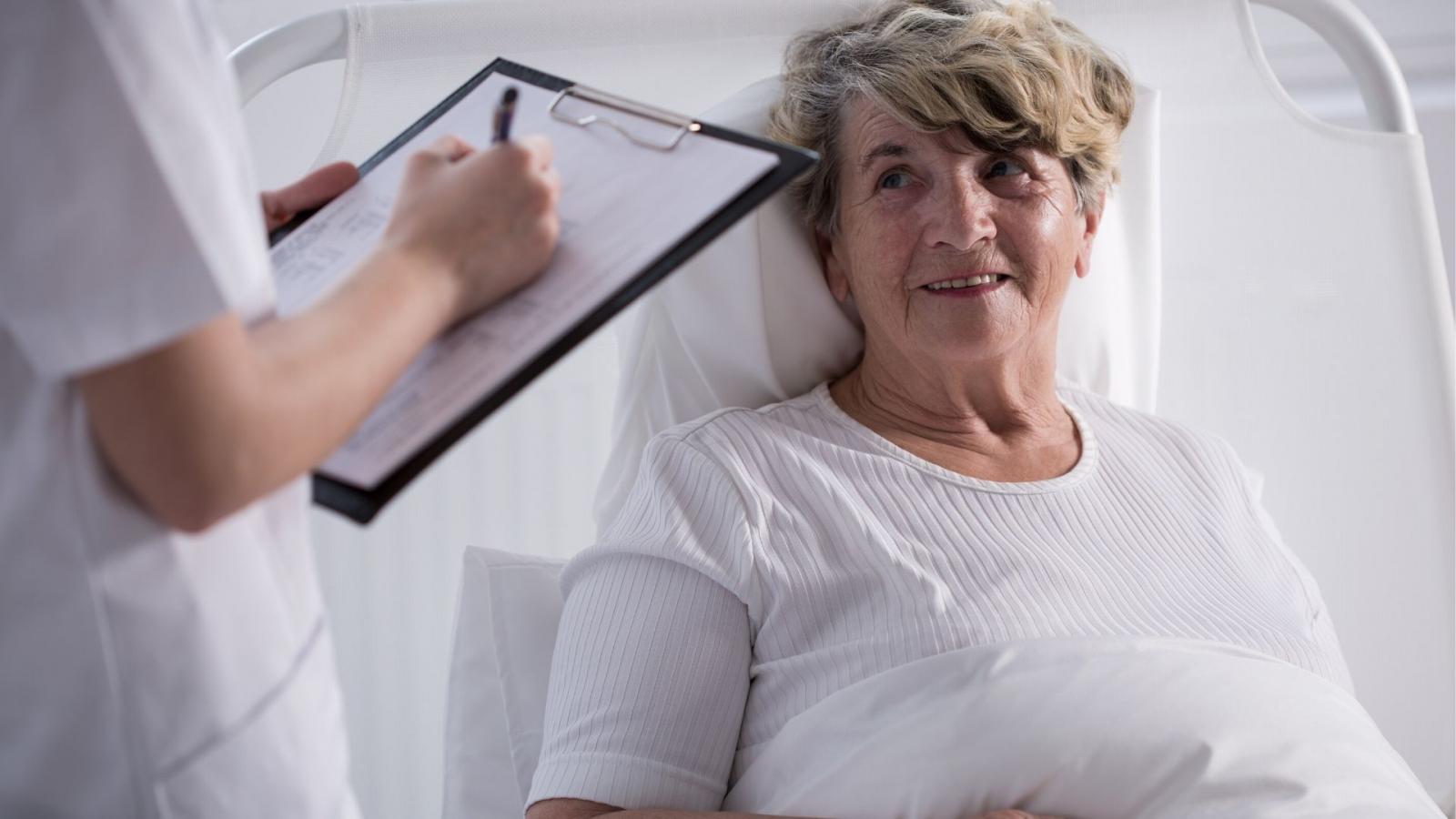
What is Paget’s disease of the breast?
Paget's disease of the breast is a skin condition linked to breast cancer. It affects the skin of the nipple and the dark circle around the nipple (areola).
- If there’s a lump behind the nipple: It’s usually an invasive breast cancer. About half the people with Paget’s disease of the breast have a lump behind the nipple.
- If there’s no lump: It’s usually ductal carcinoma in situ (DCIS). This is an early, non-invasive form of breast cancer. This means that cancer cells have formed inside the milk ducts but not spread outside them.
- Rarely invasive cancer is found even if there is no lump.
Is Paget’s disease of the breast common?
No. Up to 4 in every 100 breast cancer cases are this type.
It is possible to be diagnosed with Paget’s disease of the breast with no underlying cancer, but this is less common.
How is Paget’s disease of the breast treated?
Surgery for Paget's disease
- Surgery to remove the tumour is usually the first treatment. You may have part of your breast removed or the whole breast (mastectomy). If the cancer is affecting a large area of the breast or it’s in the central area of your breast it’s more likely you will have a mastectomy.
- Surgery to remove lymph nodes in your armpit area may be done if the cancer has spread there. This is called an axillary clearance.
Treatment after surgery
You may have more treatment after surgery to try to reduce the risk of the cancer coming back. For example:
- Radiotherapy. Radiotherapy can help to reduce the risk of the cancer coming back.
- Chemotherapy. If your cancer cells are high grade (fast growing) or were found in the lymph nodes, or if your tumour was very large you might have chemotherapy to reduce the risk of the cancer coming back.
- Hormone therapy. If your cancer has hormone receptors that help the cancer to grow (oestrogen-receptor positive (ER+) cancer), you may have hormone therapy drugs.
- Targeted therapies. If your cancer has a high number of HER2 protein receptors, you might have targeted therapies (for example, trastuzumab).
For more information
Phone
1800 200 700
